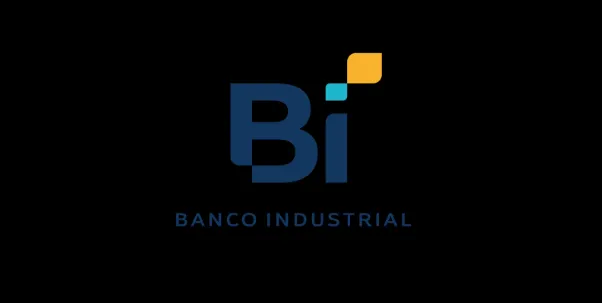As a blockchain enthusiast, I can barely contain my excitement over Banco Industrial’s embrace of the future of finance! Guatemala’s largest bank has just integrated blockchain technology into its Zigi app, partnering with SukuPay to enable instant, low-cost cross-border payments. This is not just a win for Guatemalans relying on the $21 billion remittance lifeline from the U.S., it’s a seismic shift that showcases blockchain’s power to revolutionize traditional banking.
Let's call this "a game-changer" for remittances
Remittances are a lifeline for Guatemala’s economy, with approximately $21 billion flowing into the country annually, accounting for nearly 20% of its GDP. These funds, primarily sent by Guatemalan migrants in the United States, are critical in supporting families and communities back home. However, traditional cross-border payment systems, such as SWIFT, often impose high fees and lengthy processing times, creating barriers for efficient money transfers. Banco Industrial’s adoption of SukuPay’s blockchain-based solution will help to address these pain points by offering near-instantaneous transactions for a flat fee of just $0.99, regardless of the amount sent.
The integration allows Guatemalans to receive funds from the U.S. directly through the Zigi app using only a phone number. This eliminates the need for complex crypto wallets or technical know-how. The goal is to scale blockchain to billions of people by building the rails. This user-centric approach underscores the potential for blockchain to serve as “invisible plumbing” for financial transactions, blending cutting-edge technology with the simplicity of traditional banking apps.
Banco Industrial was founded in 1968 and is a cornerstone of Guatemala’s financial landscape. The bank boasts of over 1,600 service locations and assets exceeding 150 million Guatemalan quetzals (approximately $20 million USD) as of 2023. The bank’s decision to integrate SukuPay’s infrastructure reflects its commitment to modernizing its services and meeting the needs of a digitally savvy customer base.
The Zigi app, now equipped with SukuPay’s stablecoin rails, allows users to receive remittances in real-time, a stark contrast to the days-long delays often associated with traditional banking systems. Stablecoins, which are cryptocurrencies pegged to stable assets like the U.S. dollar, ensure that the value of the transferred funds remains consistent, mitigating the volatility typically associated with cryptocurrencies like Bitcoin. This stability makes them an ideal tool for cross-border payments, particularly in regions like Latin America, where volatile local currencies and limited banking access are common challenges
The integration of SukuPay into Banco Industrial’s Zigi app is another example of how blockchain technology is transitioning from a speculative investment tool to a practical financial infrastructure. Unlike cryptocurrencies like Bitcoin, which are often associated with volatile trading markets, stablecoins and blockchain-based payment rails are gaining traction for their utility in real-world applications.
Globally, financial institutions are increasingly recognizing the potential of blockchain to streamline cross-border payments. For example, Ripple has partnered with banks in the United Arab Emirates and Brazil to enable blockchain-based payments, while JPMorgan Chase has expanded its blockchain efforts through its Onyx division and Kinexys stablecoin. Similarly, fintech companies like Circle and Tether-backed Mansa are leveraging stablecoins to reduce settlement delays and transaction costs for cross-border transfers. Banco Industrial’s adoption of SukuPay is just the latest in this list yet. More likely to come.
With this development, I see Banco Industrial’s integration of SukuPay as a rallying cry for the decentralized revolution. This partnership is another addition to the several proofs that blockchain can dismantle the inefficiencies of legacy financial systems, delivering real-world impact with instant, affordable remittances for millions. With Guatemala joining the ranks of Latin America’s crypto pioneers, the stage is set for a future where stablecoins and blockchain rails redefine global finance. Banco Industrial has ignited a spark, and I’m thrilled to watch this technology scale, empowering communities and proving that the blockchain dream is becoming reality, one transaction at a time. I'm excited about this development as I keep searching for greener pastures in the blockchain world.

Image drawn from thecryptobasic.